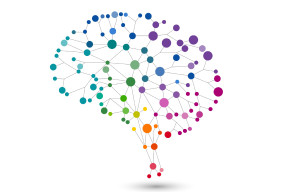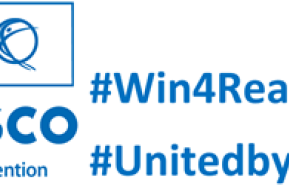Media Development
UNESCO’s approach to media development includes tailored activities that are context-sensitive, and which also take account of the challenges and opportunities created by the rapidly changing media environment.
The special-purpose International Programme for the Development of Communication (IPDC) is a unique multilateral forum in the UN system that mobilises the international community to support media in developing countries through a grant-making process. It is the only multilateral forum in the UN system designed to mobilize the international community to discuss and promote media development in developing countries. The Programme not only provides support for media projects but also seeks an accord to secure a healthy environment for the growth of free and pluralistic media in developing countries.
IPDC’s Council, comprising 39 UNESCO member states, is also the forum where UNESCO’s Director-General submits a Report on The Safety of Journalists and the Issue of Impunity.
The IPDC Media Development Indicators (MDI) are a comprehensive research tool that highlights gaps in media development and so informs public policy and donor strategies. The MDI research findings, along with the reports on thousands of IPDC projects to date, add to IPDC’s initiative for “knowledge-driven media development”.
In November 2018, the Internet Universality ROAM-X Indicators framework, developed over a three-year process of global and inclusive consultations with stakeholders, was endorsed for national voluntary assessment by the 31st Council of the International Programme for the Development of Communication (IPDC). It is a set of 303 indicators that aim to assess how well national stakeholders, including governments, companies, and civil society perform in adhering to the ROAM principles of Rights, Openness, Accessibility, and Multi-stakeholder participation as well as a number of crosscutting dimensions concerning gender and the needs of children and young people, sustainable development, trust and security, and legal and ethical aspects of the Internet.
Supporting journalism education is an important part of developing a free and independent media, and UNESCO promotes excellence in journalism schools worldwide and innovative curricula in order to assist the teaching of new subject areas and literacies for journalists.
To ensure dialogue around access to information, IPDC Talks are promoted around the world each year to celebrate the International Day for the Universal Access to Information.
Highlights
Our Challenges
The International Programme for the Development of Communication
The UNESCO’s International Programme for the Development of Communication (IPDC) is the only multilateral forum in the UN system designed to mobilize the international community to discuss and promote media development in developing countries. The Programme not only provides support for media projects but also seeks an accord to secure a healthy environment for the growth of free and pluralistic media in developing countries.

Upcoming Events
Our Publications








